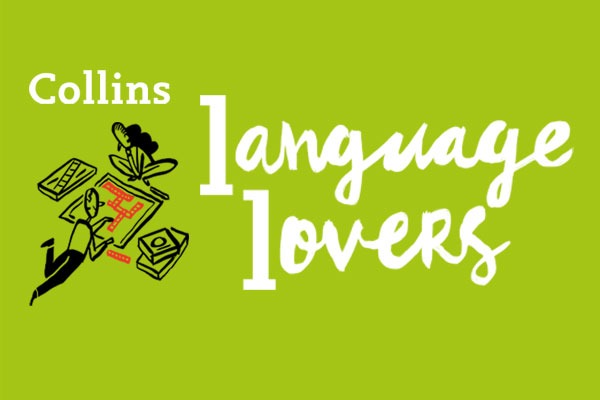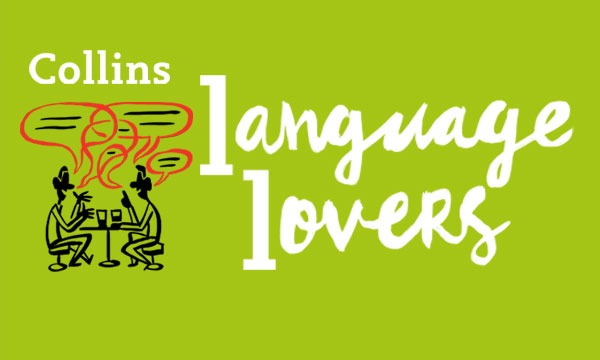Everybody’s favourite social media phenomenon Wordle is still going strong! According to the New York Times, over 300,000 people play every single day… and counting.
One of the best things about Wordle is the sheer breadth of its vocabulary. Creator Josh Wardle says that there are approximately 2,500 words in a randomly ordered list, of the available 12,000 or so 5-letter words in the English language.
We decided to review the lesser-known words from the last couple of weeks to give you their definitions. Because if you weren’t able to guess the Wordle of the day, you might as well learn more about it!
FORAY
Example: ‘That was our first foray into the local village’
A modern-day foray can be defined in two ways. The first, if you become involved in a new or unfamiliar type of activity, you could describe it as making a foray. The second, if you take a short journey that involves excitement or risk. When the moon hits your eye as you venture into an unknown place, that’s a foray. Finding its way into English in the 14th-century forrayen meaning ‘to pillage’, it previously had closer links with raiding or plundering.
NATAL
Example: ‘The nurses were qualified in natal care’
You may have heard of prenatal or postnatal, but what about plain old natal? According to the Collins Dictionary, natal means ‘of or relating to birth’. Unsurprising, given it derives from the Latin nātālis ‘of one’s birth’, from nātus, from nascī to be born. There is also an interesting secondary meaning, where natal is used as a rare word for native, i.e., your natal instincts or your natal home.
TROPE
Example: ‘Enemies to lovers is my favourite trope’
If you’ve spent any time on BookTok, bookstagram or book Twitter, you’re probably fairly well versed in tropes. Defined as a recurring theme or idea, or a word or expression used in a figurative sense, ‘trope’ has been a part of the English language since the 16th-century, with usage skyrocketing in recent years. In a literary sense, popular tropes include friends to lovers, enemies to lovers, forbidden love, secret identities, second chances and soulmates.
NYMPH
Example: ‘To call me goddess, nymph, divine and rare’
Perhaps one of the better-known unusual words of the week, the word nymph has long featured in some form in modern and ancient languages. Commonly found in Greek and Roman mythology, nymphs are depicted as spirits of nature who appear as young women. Considered to be minor nature goddesses, some of the most famous nymphs are found in Shakespeare’s A Midsummer Night’s Dream, first published in 1600.
EPOXY
Example: ‘Epoxy coating was used as a base to varnish the boat’
After the proxy furore of just a few weeks ago, epoxy is another tantalising difficult Wordle guess! Epoxy is a resin or adhesive containing an artificial substance, which sets hard when heated, or when pressure is applied. Epoxy is used to manufacture adhesives, plastics, paint, primers, and sealers, making it a pretty essential tool in building and construction.
P.S. Love your daily Wordle? Check out our list of 11 unusual 5-letter words to kick off your next game.
You can also visit our Wordle Helper, a word-finding tool to help you narrow down your choices of five-letter words based on the results in your Wordle game.
By Rachel Quin
Rachel Quin is a freelance marketer and copywriter with a love of language, books and cats.
All opinions expressed on this blog are those of the individual writers, and do not necessarily reflect the opinions or policies of Collins, or its parent company, HarperCollins.



